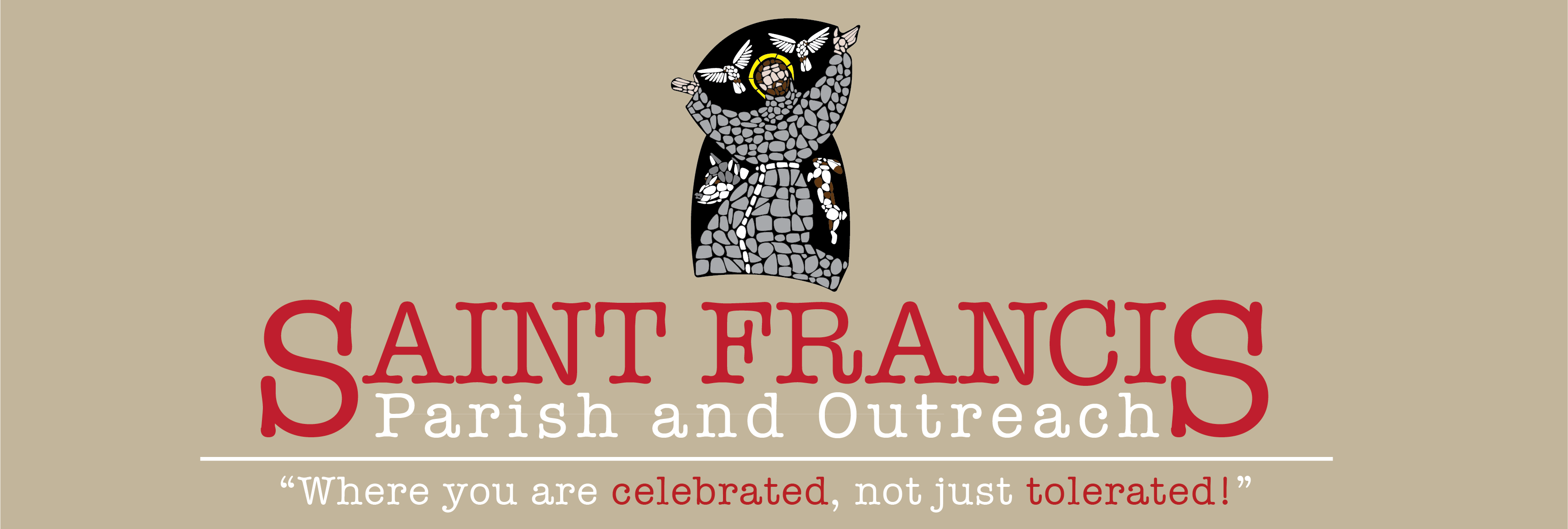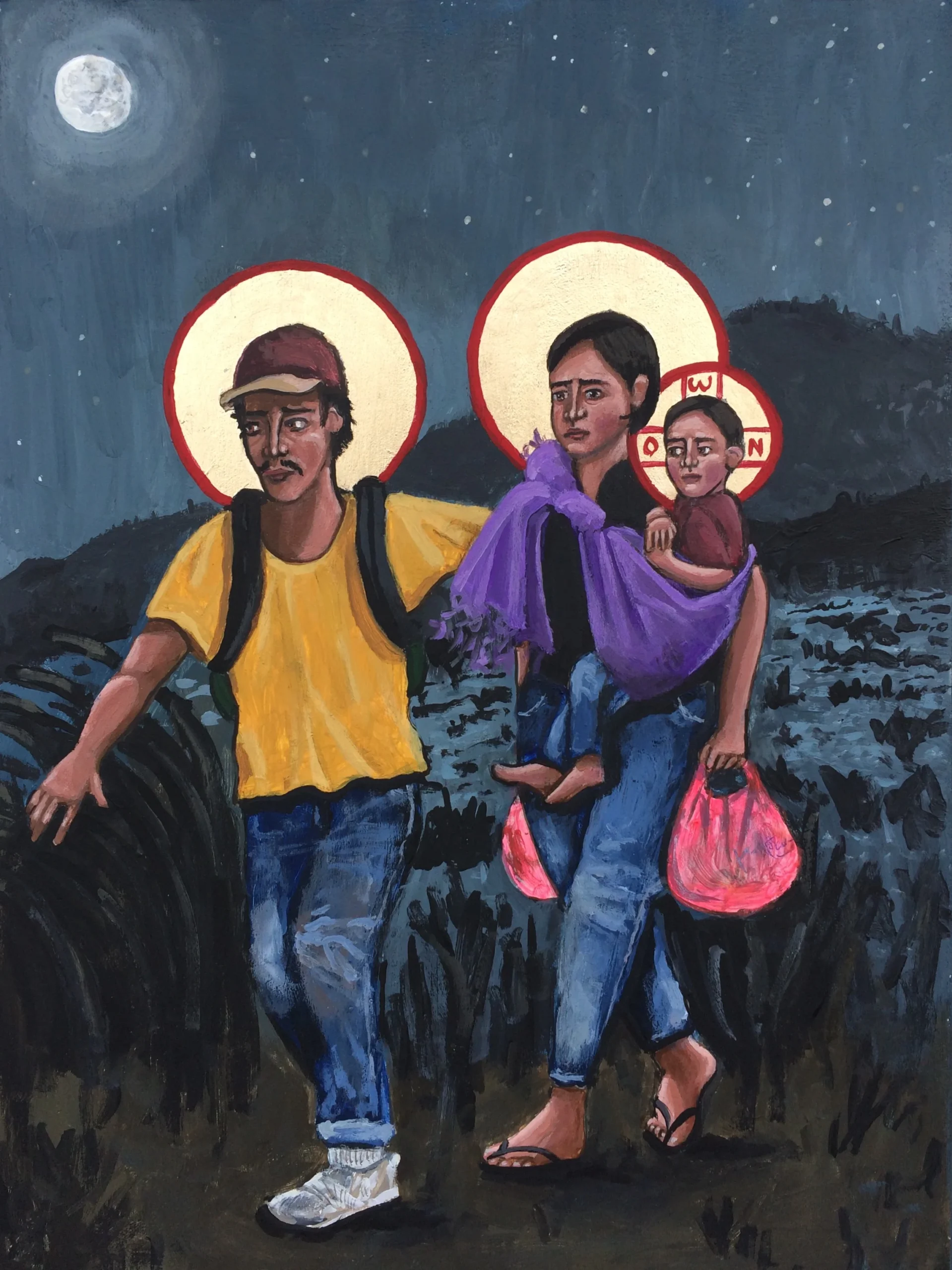Lent is not only a season of self-examination; it is a season of reorientation. God calls us again to see what is real, to choose what is righteous, and to walk forward even when the path is uncertain. The Second Sunday of Lent in Year A gives us four readings that belong together like a single spiritual map: God calls Abram to go; God’s word is upright and faithful; the Gospel calls us to suffer for truth without shame; and on the mountain, the Father commands us to listen to His Son.
1) “Go… to the land that I will show you” — Faith that moves
God’s call to Abram is not a request for agreement; it is a command to move. “Go from your country and your kindred and your father’s house to the land that I will show you” (Genesis 12:1, ESV). Abram is asked to step into vulnerability, leaving what is familiar, trusting that God’s promise is sturdier than his fear. That is the core spiritual posture of Lent: letting God lead us out of the small, defended life and into the life of faith.
Read that again slowly: to the land that I will show you. Abram does not get the whole plan. He gets the next obedient step. For many in our nation right now, especially immigrants, refugees, and families living under instability, life feels exactly like that: forced movement, uncertainty, exposure, and the ache of not knowing what is next. The Church cannot read Genesis 12 honestly while treating modern displaced people as a nuisance or a threat. This is sacred territory. God meets people on the move.
2) “He loves righteousness and justice” — The character of God
Psalm 33 tells us something essential about who God is: “He loves righteousness and justice; the earth is full of the steadfast love of the LORD” (Psalm 33:5, ESV). This is not sentimental love; it is steadfast love, love that holds, protects, and persists. And it is paired with righteousness and justice. In other words, God’s love is not indifferent to what crushes human dignity.
This matters for how we interpret what is happening in our country today. When public life becomes saturated with contempt, scapegoating, and the casual dehumanization of whole groups of people, Christians cannot shrug and call it “just politics.” We are accountable to a God who loves righteousness and justice. A society can normalize cruelty, but the Gospel never will.
3) “Share in suffering for the gospel” — Courage without shame
St. Paul tells us plainly: “Do not be ashamed of the testimony about our Lord… but share in suffering for the gospel by the power of God” (2 Timothy 1:8, ESV). Lent is not a season for quiet moral compromise; it is a season for brave fidelity. Faithful Christians do not go looking for conflict, but neither do we purchase peace by surrendering the vulnerable.
There are moments when “not being ashamed” means refusing to join the laughter when someone is degraded; refusing to repeat lies that harm neighbors; refusing to treat immigrants as disposable; refusing to baptize cruelty as “strength.” Sometimes it also means accepting that following Christ will cost us social comfort, because the Gospel will never fully harmonize with a culture addicted to domination.
4) “This is my beloved Son… listen to him” — The mountain that sends us back down
In the Gospel of the Transfiguration, the disciples see Christ in glory, and then they are told what to do with that vision: listen. “This is my beloved Son, with whom I am well pleased; listen to him” (Matthew 17:5, ESV). The point of the mountain is not escape. The point of the mountain is clarity, so we can go back down and live differently.
When our country is noisy, when propaganda and outrage cycles train hearts to fear and hate, the Church must become a community that practices listening: listening to Christ, and listening to the real stories of real people. If we listen to Jesus, we will be unable to reconcile Christian discipleship with contempt for the stranger. We will also be unable to reconcile discipleship with any political impulse that treats people as enemies to be eliminated rather than neighbors to be loved.
Immigration: Christian conviction, not a hobby
The Roman Catholic USCCB teaching resource on immigration grounds its position in Scripture and human dignity, and it explicitly argues that basic human rights do not disappear because of legal status. It warns against inhumane treatment and insists that policy must be governed by mercy, justice, and the common good, not self-interest.
So when immigration becomes a tool for fear-based politics, when people are described as less than human, when whole communities live under threat, when the vulnerable are used as a public example, Christians are not permitted to look away. Lent calls us to repent not only of private sins, but also of public apathy.
Standing against fascism: resisting the spiritual logic of domination
To be clear: the Church is not a political party. But the Church does have a moral duty to recognize and resist the sins that corrupt public life, especially when governments or movements drift toward authoritarian control, scapegoating, and the suppression of human dignity.
The Roman Catholic USCCB’s First Freedom Blog reflects on the Church’s historical experience under “State authoritarianism ranging from Communism to fascism,” describing how the machinery of the state has been used brutally against minorities. The point is not to win an argument; it is to remember that Christians have a moral obligation to resist coercion, dehumanization, and the misuse of state power.
Standing against fascism is not about slogans. It is about refusing the spiritual logic that always feeds it: the worship of power, the love of cruelty, the exaltation of one group’s dignity at the expense of another’s humanity, and the claim that some people can be pushed outside the circle of moral concern. Lent exposes those temptations for what they are: forms of idolatry.
What this parish is choosing this Lent
At Saint Francis Parish & Outreach, we are choosing to stand with immigrants and the downtrodden not as a fashionable cause, but as a concrete act of Christian discipleship. This week, consider one faithful step that matches the readings:
- Read Genesis 12 and ask God where you need courage to “go.”
- Read the Roman Catholic USCCB resource on immigration and discuss it with your household.
- Practice “listening to Him” by fasting from contempt: no dehumanizing language, no sharing misinformation, no entertainment built on humiliation.
- Choose one action of mercy: give, volunteer, or advocate locally, especially for families and newcomers who are vulnerable.
May the God who calls us out of fear and into promise transfigure our parish into a community that sees clearly, speaks truthfully, and loves courageously, until the glory we glimpse on the mountain becomes mercy we practice in the valley.
Pax et Bonum,
Bishop Greer

